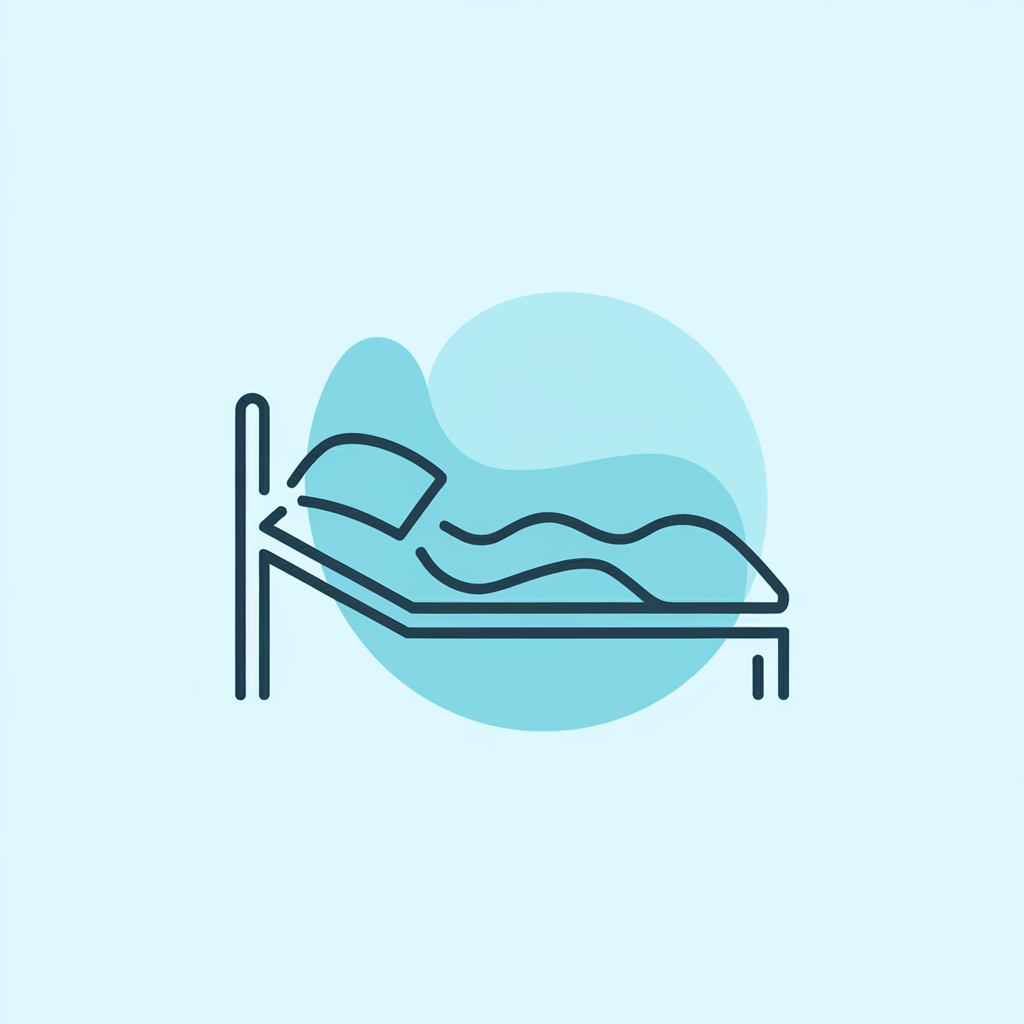Have you ever found yourself wishing you could simply adjust your bed to the perfect position for watching TV, reading a book, or sleeping? Adjustable beds bring a versatile solution to comfort and can significantly enhance your sleep experience. However, like any piece of technology, they can encounter some hiccups along the way. This is where troubleshooting and maintenance come into play, ensuring you enjoy the benefits without those pesky interruptions.
Understanding Your Adjustable Bed
Before jumping into troubleshooting, it’s important to familiarize yourself with how your adjustable bed operates. These beds typically consist of a base that can raise or lower sections of the mattress, allowing you flexibility in positioning. There are various features available, from heat and massage functions to smart technology options.
Components of an Adjustable Bed
Knowing the components of your adjustable bed can make troubleshooting much easier. Most adjustable beds consist of:
- Remote Control: This device allows you to adjust the bed’s position with ease.
- Motorized Base: The backbone of the adjustable bed, it lifts and moves the mattress according to your desired position.
- Mattress: Specially designed to bend and flex with the base.
- Power Supply: Provides the necessary electricity to the motorized base.
- Frame: The structure supporting the mattress and base.
By understanding these components, you can better identify issues and resolve them effectively.
Common Issues with Adjustable Beds
Even the most well-designed adjustable beds can face some challenges. Here are a few common problems you may encounter:
1. Remote Control Issues
At times, the remote control may seem unresponsive. This can be as simple as the batteries needing replacement. The remote plays a critical role in ease of use, so addressing any issues here should be your first step.
2. Operational Problems with the Motorized Base
Sometimes, you might notice the base isn’t moving as it should. This could stem from a range of issues, from power supply problems to motor malfunctions.
3. Uncomfortable Positions
It’s not uncommon for users to find that certain positions cause discomfort. If you’re feeling aches and pains when using the adjustable features, it might be worth reassessing your settings.
4. Noise and Vibration
If your adjustable bed starts to make unusual noises or vibrates unexpectedly, this could indicate a mechanical issue that may need addressing.
Troubleshooting Steps
So, how do you go about tackling these issues? Here are some troubleshooting steps to guide you along the way.
Step 1: Check the Power Supply
Make sure the bed is plugged in and the outlet is functional. Sometimes the simplest solution is the easiest to overlook.
| Problem | Possible Solutions |
|---|---|
| Bed won’t move | Check power supply |
| Remote control unresponsive | Replace batteries |
Step 2: Inspect the Remote Control
Test the remote control by checking if the batteries are functional. If replacing the batteries doesn’t work, try to reset the remote.
Step 3: Examine the Motorized Base
Listen for any unusual sounds when adjusting the bed. If you hear grinding or clicking noises, the gears or motor may need lubrication or replacement.
Step 4: Adjust Your Position
If you find yourself uncomfortable, take the time to experiment with different positions.
Step 5: Regular Maintenance Checks
Regular maintenance can prevent many issues before they arise.
Maintenance Tips for Your Adjustable Bed
Maintaining your adjustable bed can prolong its life and improve your sleep experience. Here are practical tips to keep in mind.
1. Clean the Base
Dust and debris can accumulate over time, leading to mechanical issues. Use a damp cloth to wipe down the base regularly.
2. Check for Loose Connections
It’s wise to periodically check that all connections are secure. Loose wiring can lead to operational failure.
3. Inspect the Mattress
Make sure the mattress isn’t sagging and check for any tears. A proper-fitting mattress is essential for the functionality of an adjustable bed.
4. Lubricate Moving Parts
If you hear noises coming from the bed, consider lubricating the joints and moving parts with a silicone-based spray to reduce wear and tear.
| Maintenance Task | Frequency |
|---|---|
| Clean the base | Monthly |
| Check connections | Every few months |
| Inspect mattress | Every six months |
| Lubricate moving parts | Annually |
5. Use Bed Liners or Spacers
To prevent wear, use bed liners or spacers that can help maintain the integrity of the bed’s structure.
Dealing with Specific Issues
When troubleshooting, you may run into more specific problems that require a tailored approach.
Problem: Bed Won’t Move
If your bed refuses to budge, ensure that the power supply is functional. Test the outlet with another device to confirm it’s working.
Problem: Remote Control Not Working
If you’ve replaced the batteries and it’s still unresponsive, check for any visible damages or wear on the remote. It may need professional repair or replacement.
Problem: Odd Noises
If your bed makes strange noises, don’t ignore it. Loose bolts or screws could be the culprits. Check the assembly and tighten any loose parts.
Problem: Discomfort While Sleeping
If you’re struggling to find a comfortable position, keep a sleep diary to note which settings work best for you. Sometimes, minor adjustments can make a significant difference.
When to Seek Professional Help
Occasionally, the issues may extend beyond simple fixes. Here’s when you should call in the experts.
Major Mechanical Failures
If you notice significant mechanical failures such as a complete lack of movement or unusual noises that persist even after troubleshooting, professional assistance is advisable.
Faulty Electrical Components
If you suspect electrical issues, such as frequent power outages or sparks, it’s vital to consult a technician to ensure safety.
Warranty Considerations
Check your warranty. If your bed is still under warranty, professional repairs may be covered. Always contact the manufacturer before attempting any major repairs yourself.
Frequently Asked Questions
How often should I maintain my adjustable bed?
Regular maintenance checks are advisable once a month, while deep cleaning and inspecting the mechanical components can be done every few months.
Can I use any mattress with my adjustable bed?
Not all mattresses are compatible with adjustable bases. Ensure your mattress is specifically designed for flexibility and movement.
What should I do if my adjustable bed is still uncomfortable after adjustments?
Consider adjusting your sleep environment, such as your pillows and bedding. If discomfort persists, seek advice from a sleep specialist.
Are there any specific cleaning products recommended for adjustable beds?
Using a mild detergent and warm water works best. Avoid harsh chemicals that could damage the mattress or base.
If I lost my remote, what should I do?
Contact the manufacturer for a replacement remote.
Conclusion
Adjustable beds are wonderful innovations that can elevate your comfort and improve your sleep quality. While they are generally reliable, knowing how to troubleshoot and maintain them will ensure all the features work seamlessly. Remember, if you encounter any fractures in your bed’s operation, follow the outlined steps above, prioritize regular maintenance, and don’t hesitate to seek professional help when needed.
By taking care of your adjustable bed, you’re making a small investment into your overall health and well-being. After all, a good night’s sleep is vital, and a comfortable bed can make all the difference.

